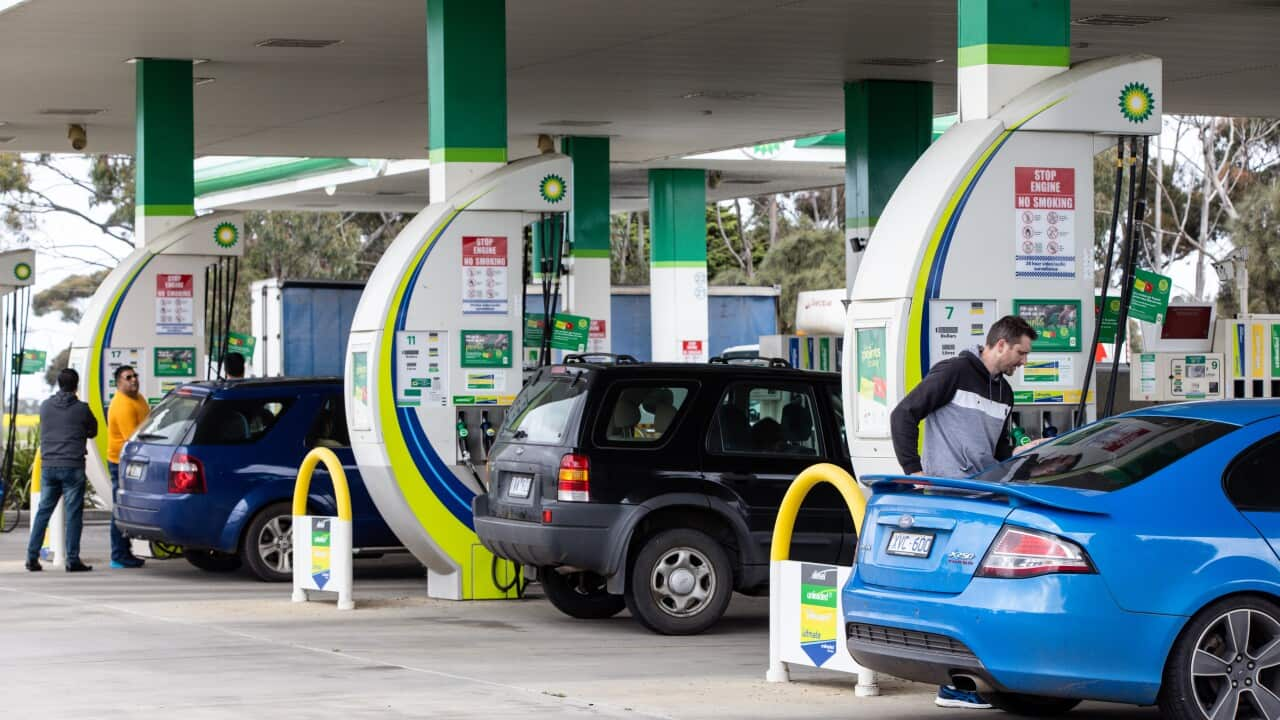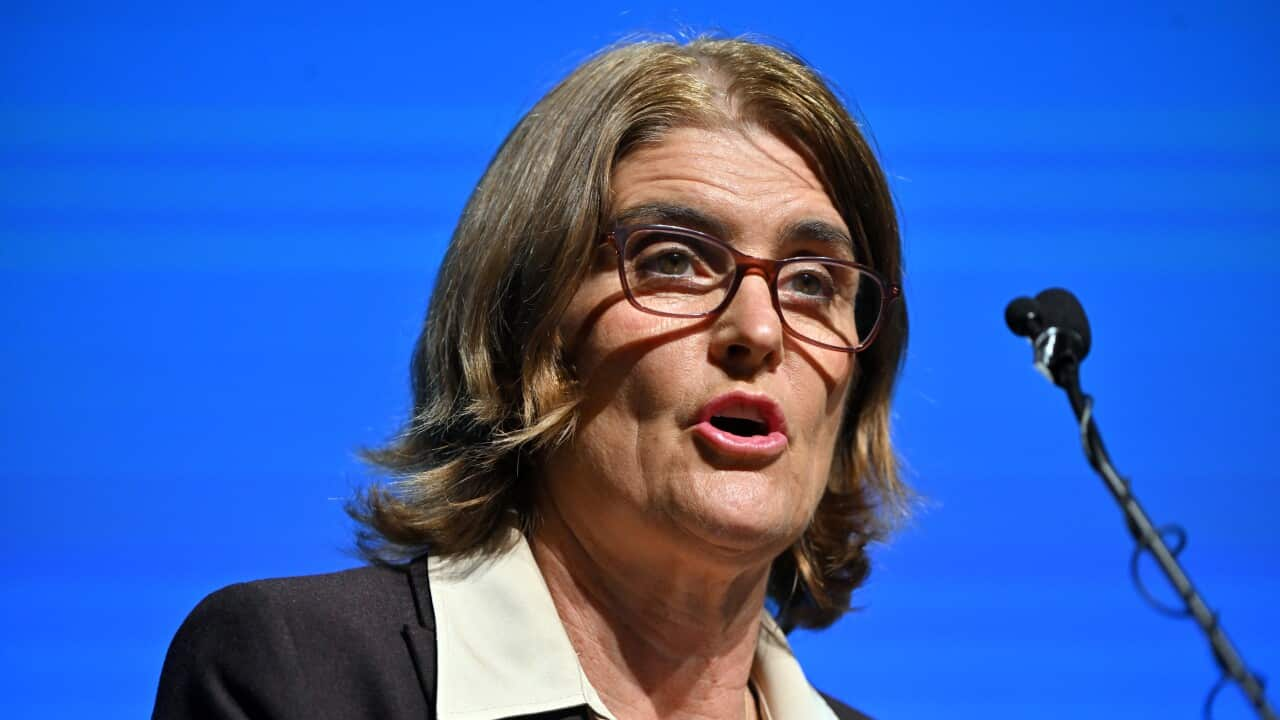Key Points
- Brisbane has the highest average unleaded prices among all capital cities
- NRMA analysis shows petrol prices peaked in September nationwide.
- Global oil demand and a cut in supply is driving up fuel prices.
Australian motorists have struggled at the bowser this year, with record petrol prices adding to such as
Analysis by the National Roads and Motorists' Association (NRMA) released on Friday predicts that relief is on its way after prices peaked in September.
So how did Australians across the major capital cities compare in 2023?
What is the cheapest place in Australia to fuel up?
Perth had the lowest average for regular unleaded at 183.9 cents per litre, cementing the city's place as cheapest or second cheapest capital since 2017.
The NRMA analysis of petrol prices nationwide had Adelaide coming in second at 186 cents per litre.

Source: SBS News
Drivers in Brisbane bore the brunt of record petrol prices this year with the Queensland capital the nation's most expensive city to put fuel in the tank.
Regular unleaded cost on average 193.4 cents per litre, a 63.8 cent increase since 2017.

Source: SBS News
Are independent stations cheaper?
The NRMA credited a strong concentration of independent service stations in Adelaide for consistently cheap prices, with the city recording the second-cheapest price in 2023.
A 2021 ACCC industry report revealed independent chains such as Speedway, Metro Petroleum, United, Vibe and FuelXpress had the cheapest petrol across the eight capital cities.
It estimated that switching to the independent chains would have saved Australians nearly half a billion dollars ($485 million) in 2020.
Why did petrol prices spike in 2023?
Fuel prices hit a record high in September, after rising by more than 7 per cent in that quarter.
The price of petrol spiked globally following an announcement by Saudi Arabia, Russia and OPEC to deliver sustained production cuts.
NRMA spokesperson Peter Khoury said Australia's exposure to the volatility of world oil prices was apparent, with economists repeatedly stating it added to high inflation.
“Fuel prices – and in particular diesel – have had a negative impact on the budgets of Australian families and our nation’s economy throughout much of 2023 and only now are we starting to see some relief,” Mr Khoury said.
“Australia’s economy runs on diesel with so much of our goods and services delivered by heavy freight."
The highly volatile global oil price was also exacerbated by the war in Ukraine, supply constraints and the weaker Australian dollar.











